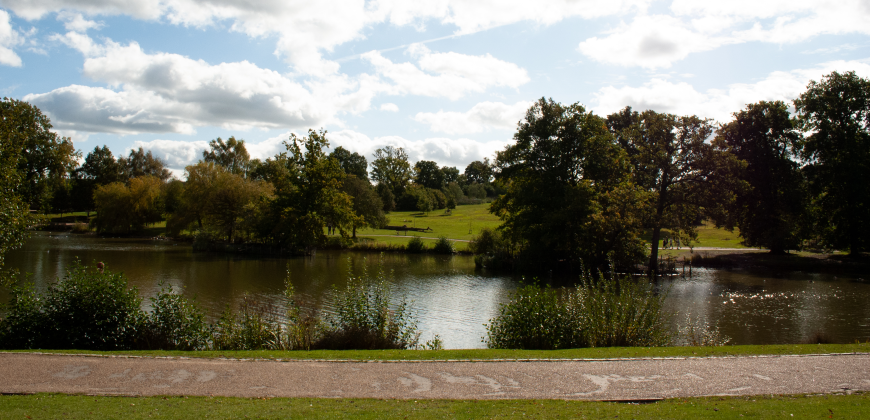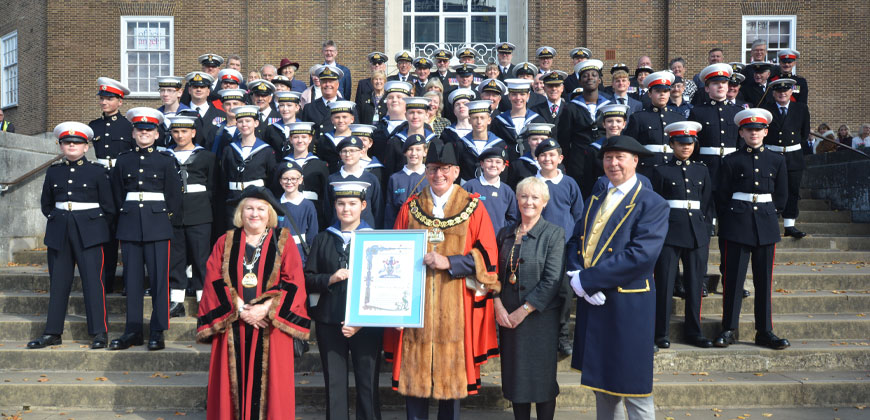An award for The Amelia Scott
The Council’s innovative and inspiring multi-purpose cultural centre, The Amelia Scott, has won a prestigious Sandford Award.
The Sandford Award is given by the Heritage Education Trust for excellence in heritage education – learning programmes in museum and heritage sites.
The 2024 recipients of the award were announced on Monday 16 September. The Amelia Scott joins a number of famous heritage sites receiving the award this year including Bletchley Park, SS Great Britain Trust and All England Lawn Tennis Club & Wimbledon Lawn Tennis Museum.
On hearing that the award had been given, Councillor Justine Rutland, the Council’s Cabinet member for Economic Development said: ‘We are so delighted that the Amelia Scott’s learning programme has been recognised with a Sandford Award for Heritage Education. The award means that the learning programme created for our youngest residents has been assessed as being of the very highest quality. The report is glowing! Warmest congratulations to the Amelia Scott team and thank you for your fantastic work.’
The Amelia Scott has a very full schools’ education programme rooted in the National Curriculum, which aims to connect the materials used in its education programme and the stories told at the Amelia. The Amelia Scott has strong links with local schools, many of which are frequent visitors to the centre. Outreach sessions are also offered to schools who are not able to visit, as well as loan boxes for teachers to use in their classrooms.
Informal learning at The Amelia Scott extends to families, outreach, community groups, youth engagement, wellbeing, pottery, silversmithing and volunteering as well as inspiring study spaces and talks throughout the year.
About the Sandford Award
The Sandford Award scheme began in 1978 and is managed by the Heritage Education Trust in partnership with Bishop Grosseteste University in Lincoln and supported by Historic Royal Palaces.
In their assessment of The Amelia Scott the Sandford Award panel said: ‘It is abundantly clear that the Amelia Scott in its ambitious role as a community and education hub in the centre of Tunbridge Wells, is fast becoming the cultural beating heart of the local community. It is not only a truly inclusive, accessible, uplifting, positive environment in which to learn, but also offers a multitude of bespoke, educational opportunities. These are delivered by a small, expert team for young and old learners alike in an innovative way to the highest standard. The emphasis on local history in both the education programme and the public galleries anchors the Amelia in its people, giving its audience the chance to learn about the past, be active and creative in the present, while importantly looking to the future with its high-tech bespoke learning spaces. The Amelia responds, adapts, and gives of the highest quality in terms of both personnel and its offer to diverse audiences.’





